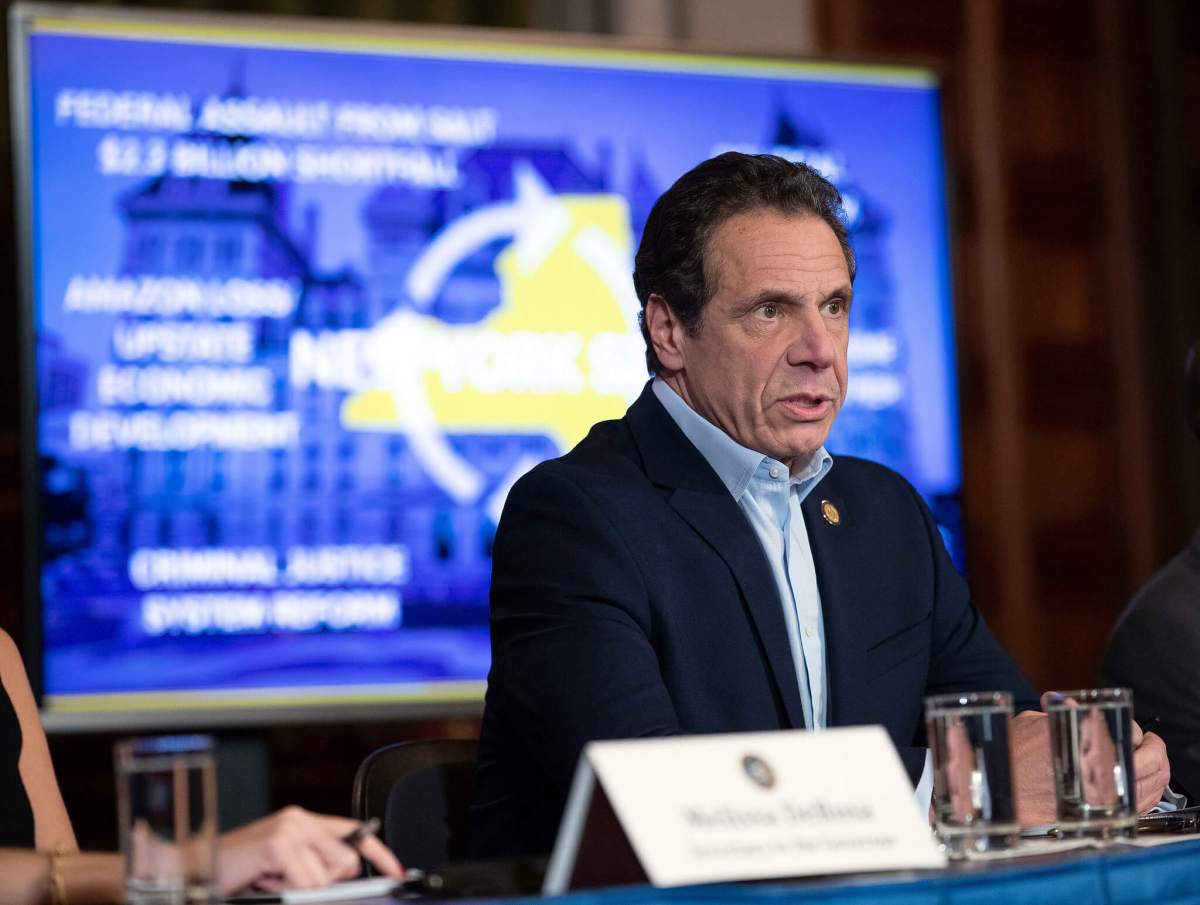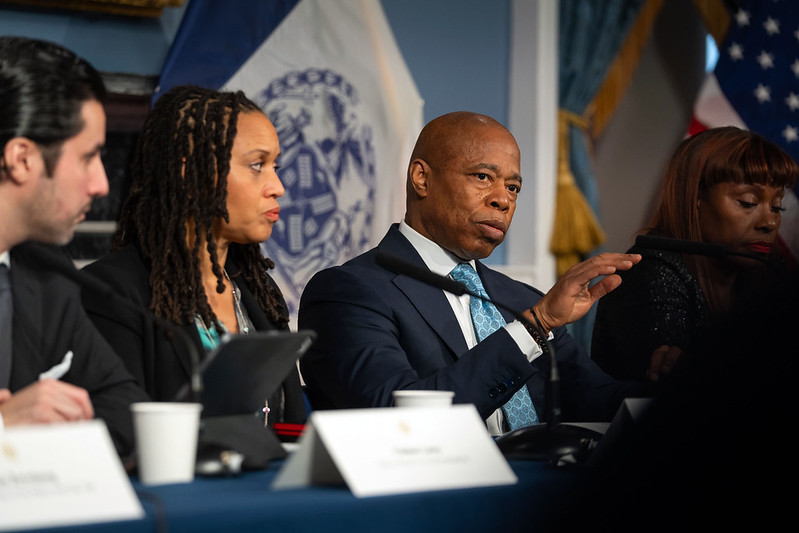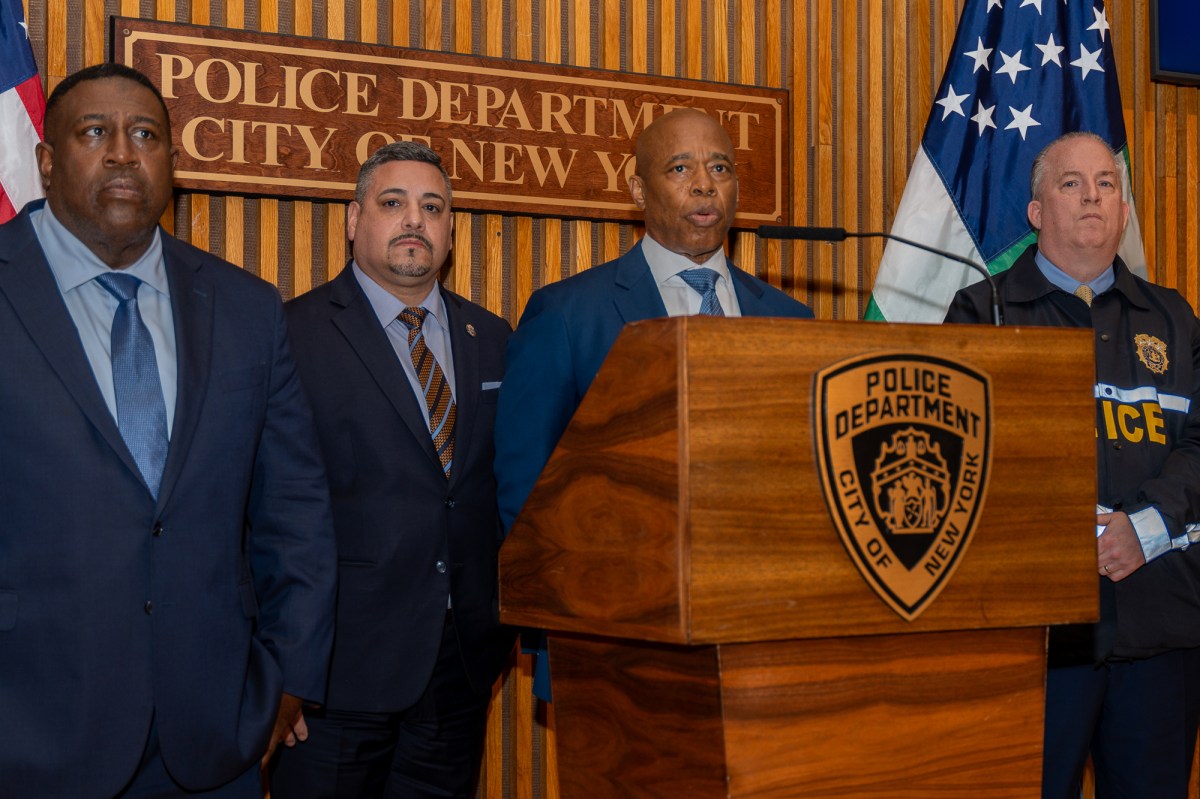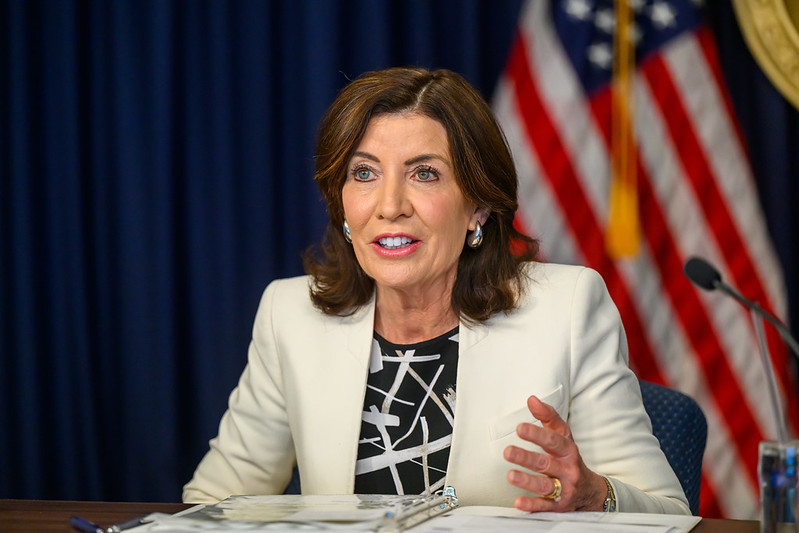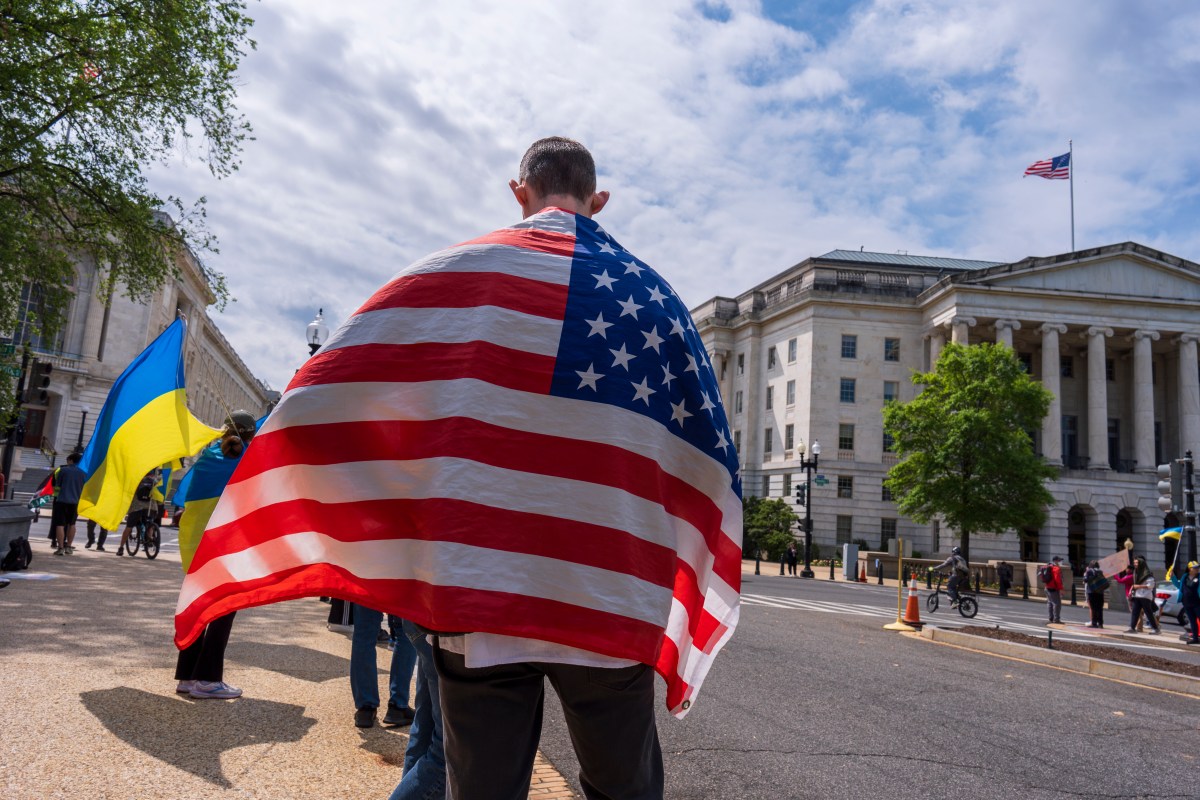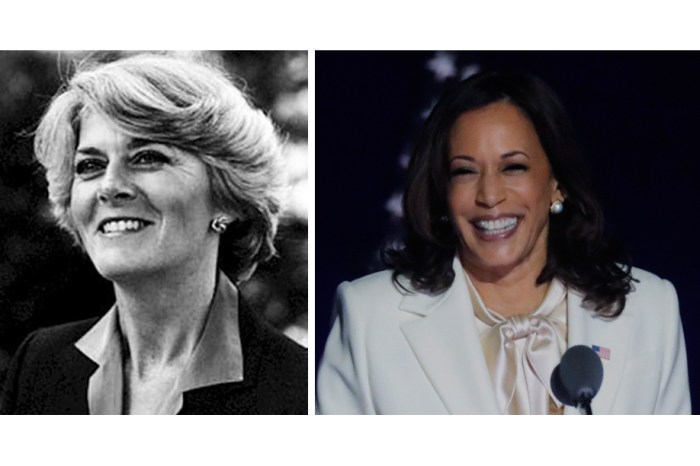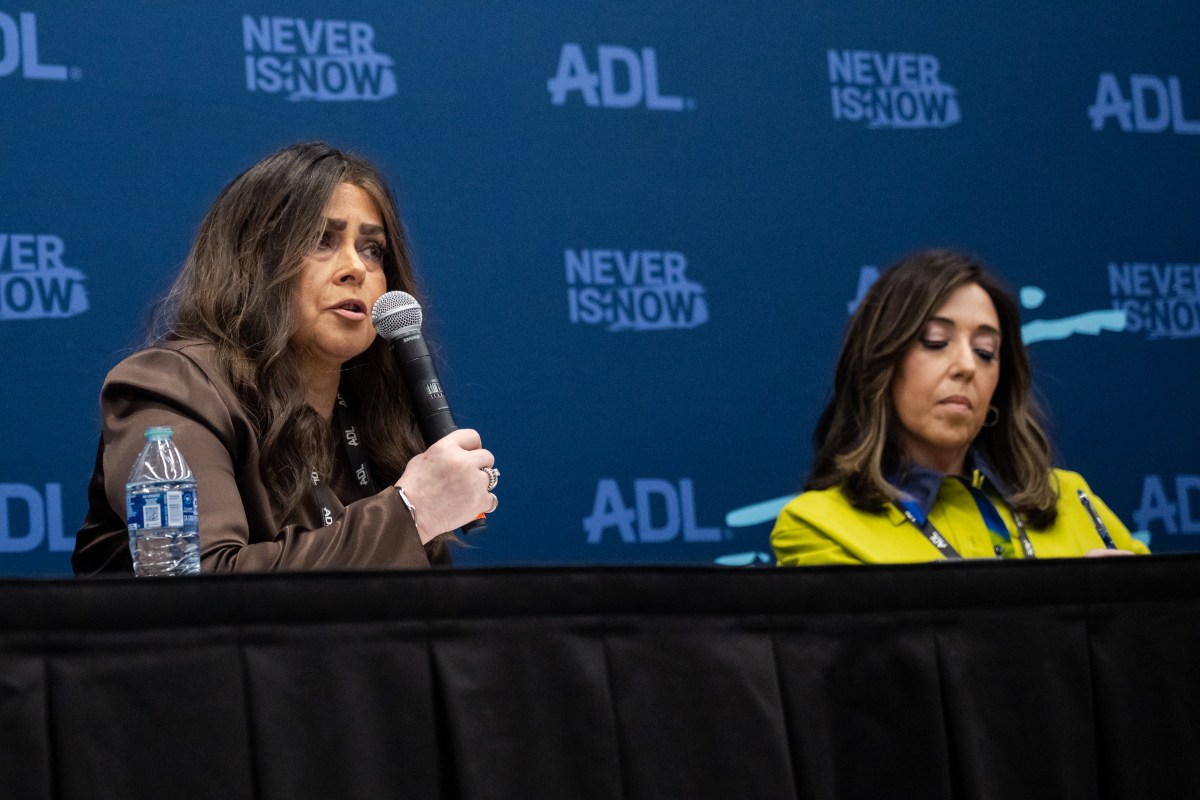The massive $175.6 billion state budget, passed in the early morning hours Monday is, according to Governor Andrew Cuomo, “probably the broadest, most sweeping state plan that we have done.”
There are numerous in this budget that will profoundly change aspects of the life of every resident in Queens, beginning with congestion pricing in which drivers will pay to enter Manhattan south of 60th Street by the end of 2020 with proceeds going improve mass transit.
“I endorsed congestion pricing because I knew, if done right, it was our best hope at getting the trains moving and ending the suffering our riders face every day,” Mayor Bill de Blasio said. “This budget represents a giant step in the right direction. With a guaranteed lockbox for New York City riders, fairness for the outer boroughs, and exemptions for people experiencing hardships, I am confident this dedicated revenue stream will go a long way towards fixing the MTA’s broken subway system.”
Also enacted by the state budget is a ban on single-use plastic bags to protect the environment. Shoppers will have to bring their own bag for groceries, or opt to pay a 5-cent fee for a paper bag.
“You have extreme weather and climate change that is undeniable,” Cuomo said. “That needs immediate attention and it’s not going to happen from Washington.”
The budget addressed several criminal justice reforms including the elimination of cash bail for most misdemeanors and low-level charges. More than 16,000 people are currently held in New York state jails pre-trial, according to state Senator Michael Gianaris, the author of the Bail Elimination Act and a longtime advocate for criminal justice reform.
“These reforms will deliver justice to thousands of people incarcerated without a conviction,” Gianaris said. “I am proud to have helped usher in the most historic and dramatic reforms our troubled criminal justice system has seen.”
The budget will also enact significant transformation of the discovery process, which favored prosecutors and restoring speedy trial processes. Cuomo said the budget also increases school aid by more than $1 billion, bringing the total school aid to $27.9 billion, and promotes education equity by prioritizing funding for poorer schools.
It also means de Blasio will retain control of the city’s public schools until the end of his term in 2020.
“Mayoral accountability of our school system has led to a record-high graduation rates and record-low dropout rates, the creation of Pre-K and 3-K for All, and the ability to provide all of our 1.1 million school children with access to an excellent education regardless of their ZIP code,” de Blasio said. “The buck stops with me, and I vow to continue fighting on behalf of our children and to continue working with all of our parents whose voices help improve our school system every day.”
The budget codifies Affordable Care Act provisions and the New York Health Care Exchange into state law, and it strengthens the women’s agenda initiatives by improving access to IVF and egg-freezing services, instituting a rape shield for sex trafficking victims and investing in initiatives to combat maternal mortality.
It also included key election reforms requiring three hours of paid time off so New Yorkers will be better able to vote on Election Day, the allocation of $10 million in funding for early voting and a public financing commission with binding power to implement public campaign financing for legislative and statewide offices.

